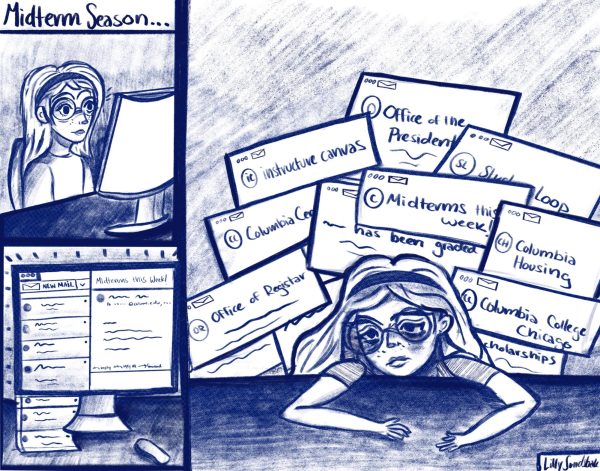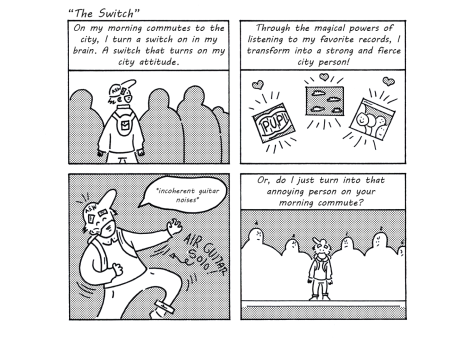Civic knowledge lacking, U.S. teaching methods inefficient
December 1, 2008
Believe it or not, civic literacy is something that affects every American. In more ways than one, our country is in the midst of a very historic time. We will have new leadership beginning Jan. 20, but things such as the mortgage meltdown and the financial crisis will continue to shape our country and will be remembered as a chapter in our history for years to come. Now is a time when citizens should be drawing on their civic knowledge. But unfortunately, an overwhelming majority of Americans cannot pass a basic test covering U.S. history, government and economics.
According to a recent report by the Intercollegiate Studies Institute, about 71 percent of people tested on their civic literacy failed. The results of the report have been called “an epidemic of historical, political and economic ignorance in America.”
All too often, Americans are blissfully ignorant. But there are many reasons why civic knowledge is important. It is also important that people are taught civics in a way that will help them understand the importance, care about their role and, most importantly, remember what they have learned.
For years, civics has been taught in a way that encourages students to cram for tests, but does not promote any level of retention. People often don’t care about civics until they need to, and by then, it is too late. One such example is a basic understanding of the legal system. Knowledge about the Fifth Amendment and the Miranda warning is essential to anyone who is arrested, innocent or guilty. It is also important for victims of crime to have a working knowledge of the legal system. Without civic knowledge of their own rights, people may be unaware when their rights are being violated.
Civic knowledge is also important for anyone who is pursuing the American dream.
Owning a home, building a nest egg and planning for retirement all require, to some degree, an understanding of economics. In a time when banks were thriving, in part, because of predatory lending and many Americans were unwittingly falling victim, a stronger understanding of economics may have proven useful.
One thing that seems clear is that no matter how much people are being taught about civics, they are not retaining the knowledge. Part of this is because many people don’t personally connect to the importance of civics. Schools can continue to add and require civics courses, and questions can continuously be placed on entrance exams. But until teaching methods change, retention levels are unlikely to increase.
Instead of teaching students to cram for a multiple-choice exam, civics should be taught in a way that will help students relate directly to the subject. Instead of requiring students to recite textbook definitions, they should be taught in a hands-on manner that will make each subtopic of civics come to life for them. This will help people retain the knowledge and carry it into their adult life. Using this strategy will also encourage people to become more involved in their local government and ultimately work to create the change in government that they are seeking.
Too often, immigrants who are vying for U.S. citizenship have a stronger civic knowledge than current citizens. Although it doesn’t mean Americans aren’t smart, it does reflect poorly on us and our education system. By changing teaching methods and encouraging people to care about the topic, we can change the perception others have and show the world that we are, for many reasons, one of the world’s leading countries.

















